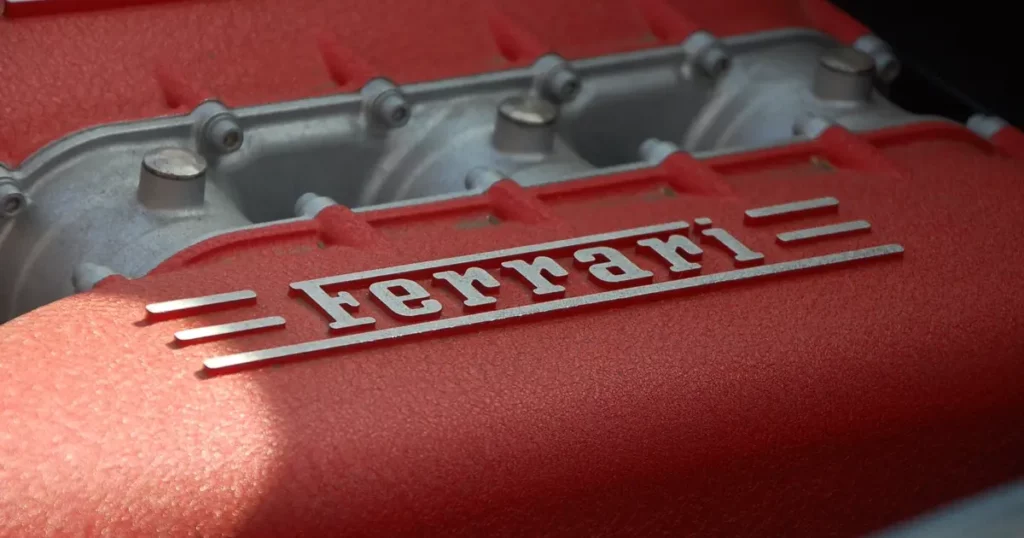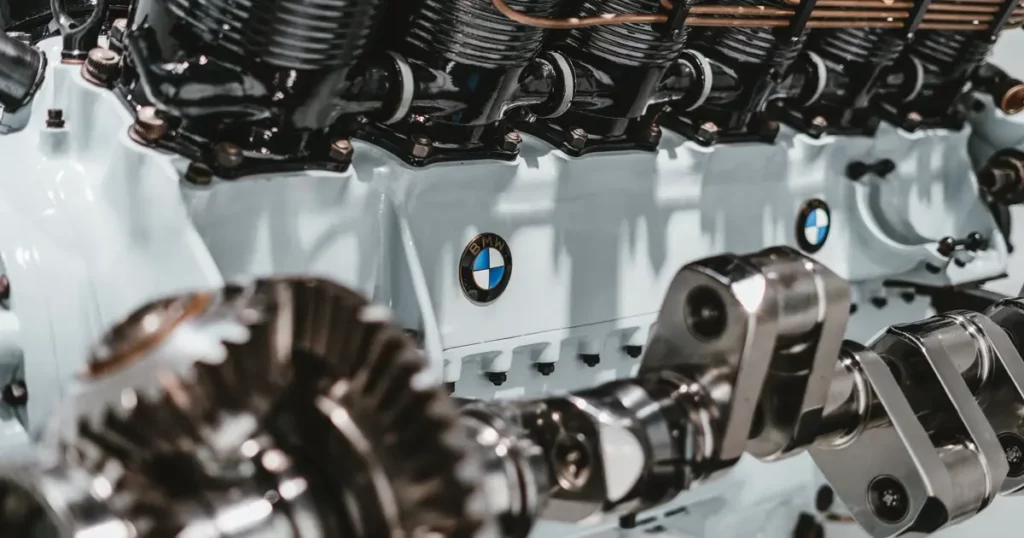
How Do You Know If You Need a New Engine? Recognizing the Signs
As a vehicle owner, understanding how do you know if you need a new engine is crucial for maintaining a safe and reliable driving experience. Your engine is the heart of your vehicle, powering your journeys and ensuring smooth performance. However, over time, engines can deteriorate due to wear and tear, leaving you wondering if a replacement is necessary. In this article, we will explore the signs that indicate the need for a new engine. How do you know if you need a new engine? Let’s dive in and find out.
Signs Indicating the Need for a New Engine
Excessive Smoke and Abnormal Exhaust Emissions:
Excessive smoke or abnormal exhaust emissions are clear indicators of engine issues. Pay attention to the color and thickness of the smoke:
- Thick, dark smoke: If you notice thick, dark smoke billowing from your tailpipe, it could indicate burning oil, which is a sign of engine problems.
- Blue or white smoke: The appearance of blue or white smoke suggests coolant leaking into the combustion chambers, indicating potential internal engine damage.
If you observe any of these smoke-related issues, it’s essential to address them promptly to prevent further damage.
Persistent Engine Misfires:
Engine misfires occur when the combustion process fails to occur correctly in one or more cylinders. Persistent engine misfires despite regular maintenance can be a warning sign. Consider the following possibilities:
- Worn-out spark plugs: Over time, spark plugs wear out and may not provide a proper spark, leading to misfires.
- Faulty ignition coil: A malfunctioning ignition coil can cause inconsistent sparks, resulting in misfires.
- Internal engine damage: Severe internal engine damage, such as worn-out piston rings or valve problems, can also lead to persistent misfires.
If you experience ongoing engine misfires, it’s crucial to consult a mechanic for a thorough diagnosis.

Decreased Power and Performance:
How Do You Know If You Need a New Engine? A noticeable decrease in power and performance can indicate that your engine is nearing the end of its lifespan. Look out for the following signs:
- Loss of power: If your vehicle has lost significant power, struggles with acceleration, or has difficulty maintaining consistent speeds, it may be a sign of engine deterioration.
- Reduced compression: Worn-out piston rings and other internal engine issues can lead to reduced compression, affecting the overall performance.
Consulting a qualified mechanic will help evaluate the extent of the problem and determine if an engine replacement is necessary.
Unusual Noises and Vibrations:
Unusual noises and vibrations are often indicators of underlying engine problems. Pay attention to the following signs:
- Knocking, rattling, or grinding noises: These abnormal sounds can suggest internal engine damage, such as worn-out bearings or piston slap.
- Excessive vibrations: Persistent vibrations, even after routine maintenance, can indicate severe engine issues.
If you notice any of these unusual noises or vibrations, it’s important to have your engine inspected by a professional.
Persistent Oil Leaks:
Oil leaks can be an indication of engine damage, especially if they occur consistently. Consider the following factors:
- Chronic oil leaks: Chronic or significant oil leaks can signify more substantial engine issues.
- Inadequate lubrication: Continuous oil loss can lead to inadequate lubrication, increased friction, and overheating, accelerating engine deterioration.
If your engine consistently experiences oil leaks, it’s advisable to consult a mechanic to assess the feasibility of an engine replacement.

How many miles can engine last?
Many engines can easily reach and surpass 100,000 miles (160,000 kilometers) with proper maintenance and care. With regular oil changes, timely tune-ups, and adherence to recommended maintenance schedules, it’s not uncommon for engines to last well beyond 200,000 miles (320,000 kilometers).
Be alert to your engine lifespan if are testing you automobile
The Super Kilometer Filter offers an advanced mileage blocker that effectively stops the accumulation of distance traveled when a car is in motion. This extraordinary device, developed by German manufacturers, was originally intended for testing and fine-tuning purposes. Its primary function is to halt the process of recording mileage, ensuring that no additional miles are added to the original distance. Moreover, the system incorporates advanced technologies and does not store any data in the control units. This ensures that the information remains untraceable and undiscoverable by anyone.
Conclusion
Recognizing the signs that indicate the need for a new engine is vital for maintaining the performance and longevity of your vehicle. How Do You Know If You Need a New Engine? Excessive smoke, persistent engine misfires, decreased power, unusual noises or vibrations, and chronic oil leaks are all indications that an engine replacement may be necessary. If you notice any of these signs, it’s crucial to consult a qualified mechanic for a thorough evaluation. Promptly addressing engine problems will help you avoid expensive repairs and ensure a safe and reliable driving experience. Remember, your engine is the heart of your vehicle, and keeping it in good health is essential for a smooth ride.




